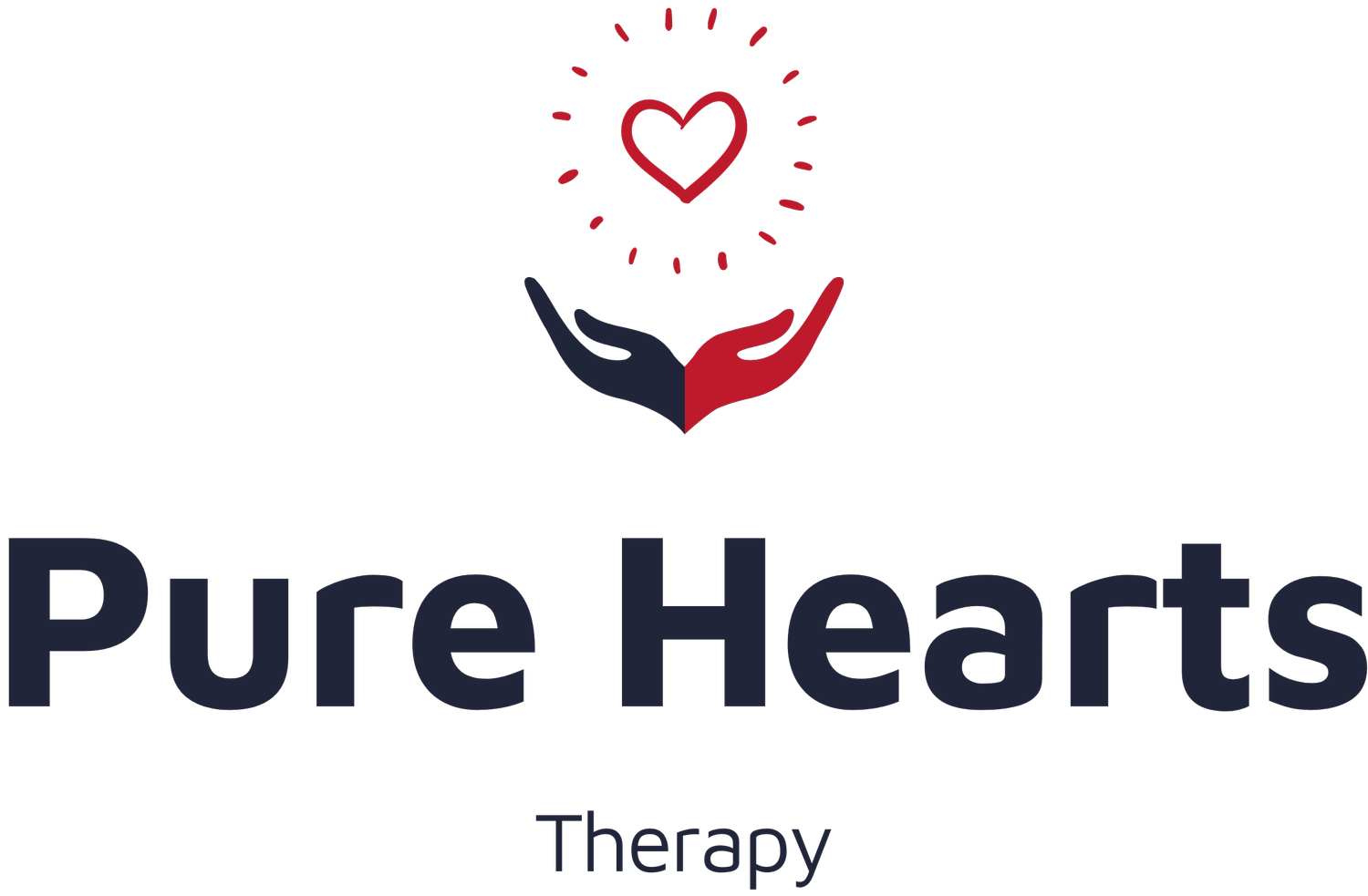Helping Kids Thrive After Lockdown: Insights into Social Modeling with Leonora Edwards
Helping Kids Thrive After Lockdown: Insights into Social Modeling with Leonora Edwards
Welcome back to the Autism Family Resource Podcast! Today, we’re discussing the lingering effects of the lockdown on our children, particularly regarding social and emotional regulation skills. Host Brian Keene is joined by returning guest Leonora Edwards, a speech pathologist and chief knowledge officer at Better Speech. Leonora shares her expertise and strategies for helping children thrive post-lockdown.
The Lingering Impact of Lockdown
Brian opens the discussion by acknowledging the profound effects of the lockdown, emphasizing how these impacts are still felt today, particularly by children. “It feels like the lockdown was ages ago, yet its effects linger, impacting our daily lives as if it just happened yesterday,” Brian notes. “Unfortunately, our kids were not spared. They've also been impacted, particularly in regard to social and emotional regulation skills.”
Leonora, who has been a speech pathologist since 2009, brings a wealth of experience in working with children and adults in various settings, including the NICU, pediatric and adult intensive care units, outpatient clinics, and schools. She highlights how the pandemic significantly disrupted children’s social and language development. Leonora explains, “Children, especially those born during the pandemic, missed out on a lot of exposure to language. When we're learning language, we need exposure in order to understand the language in our environment. Lockdowns prevented this, resulting in significant language development delays.”
She elaborates on the importance of rich language environments, pointing out that children need to see and hear interactions to learn social cues, turn-taking in conversations, and facial expressions. “These children don't necessarily understand facial expressions. They don't understand how to interpret them because the people they were communicating with might have had masks on. Masks cut off half of your face, making it difficult for children to learn these crucial social cues.”
The Role of Technology
Brian draws a parallel between the lack of in-person communication and the overreliance on technology. “It makes me think about how much is lost in translation when you don't see those verbal cues in person,” he says. Leonora agrees, emphasizing that children are losing their ability to read individuals because they aren't exposed to varied social interactions.
Leonora stresses the importance of creating opportunities for children to practice social interactions. “Think about when you and I were younger, we'd go to the grocery store with our parents or order a pizza over the phone. These were social situations we had to navigate. Today, kids don't have to do these things, but they are still important skills to learn.”
She offers a practical strategy for parents: “If a child doesn’t know what to do in a social situation, rather than saying, ‘Just figure it out,’ guide them with questions like, ‘What might you do?’ This approach helps them think flexibly and come up with solutions.”
Leonora also emphasizes the need for patience and understanding. “It's our responsibility as adults to teach children how to navigate social situations. This includes showing them how to ask for help and engage in conversations. We must create spaces where they can practice and learn these skills.”
Moving Forward
Brian and Leonora agree that modeling and practice are crucial for helping children develop social skills. “Kids are sponges; they pick up on what we do,” Brian notes. “Modeling good social behavior and allowing children to practice these skills is key.”
Leonora encourages parents to trust their instincts and seek professional help if they notice something isn’t quite right with their child’s communication or social skills. “Don’t feel like you have to listen to others when your instincts are telling you something is off. Reach out to professionals for guidance.”
For more insights and strategies on helping children thrive post-lockdown, don’t miss this insightful episode of the Autism Family Resource Podcast. Stay tuned for more valuable discussions and expert advice!
Subscribe Now and Leave a Review
Apple Podcasts, Spotify, Google Podcast, & Stitcher
Visit our Website:
Follow Us:
